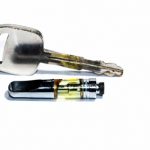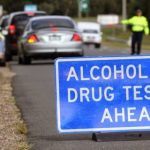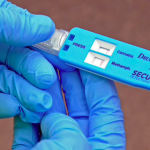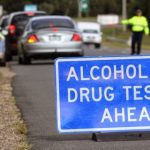Drug Driving Charges and the Defence of Honest and Reasonable Mistake
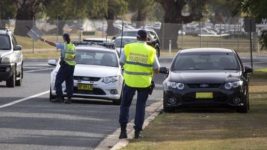
A recent decision by the NSW Court of Criminal Appeal has ruled that drug driving is an absolute liability offence, which means the defence of being honestly and reasonably mistaken about drugs being in the system does not apply to drug driving offences – as was previously believed to be the case.
Absolute Liability v Strict Liability
An absolute liability offence is one whereby the prosecution does not have to establish a mental fault such as intention, recklessness or negligence and that the legal defence of honest and reasonable mistake does not apply.
This can be distinguished from a strict liability offence which also also one that does not require proof of a mental fault element by defence of honest and reasonable mistake can apply if the defence is established on the balance of probabilities.
The effect
The classification of drug driving as an absolute liability offence means that drivers can no longer defeat the charge by establishing they were honestly and reasonably mistaken about drugs being in the system because, for example:
- they had smoked cannabis several days beforehand,
- they had been subject to second hand smoke; or
- had their meal or drinks spiked.
In a nutshell, if drivers in NSW and get hit with drug driving charges, they are out of luck when it comes to defending themselves based on how those drugs got into their system. If evidence of drugs is found in a driver’s blood, they are considered guilty.
The case
The case which led to this clarification was that of Mina Narouz, who, in 2020, came under police scrutiny while driving, drawing attention due to his driving manner. Although he passed a roadside breath test with no alcohol detected, a subsequent oral fluid test for illicit drugs revealed a positive result for cocaine. Mr. Narouz denied using any illicit substances despite the test result and was charged under section 111(1)(a) of the Road Transport Act 2013 (NSW) (RTA) for having a detectable presence of drugs in his system.
Mr. Narouz defended himself by claiming he made an honest and reasonable mistake. He stated that he had been driving a friend’s car and had taken a sip from a bottle of Gatorade or Powerade found on the car floor to swallow a Valium tablet approximately 45 minutes before being stopped by the police. He argued that this could explain the cocaine found in his system. However, the Local Court found him guilty, with the Magistrate ruling that the prosecution had proven beyond a reasonable doubt that his defence was not credible, deeming his explanation “implausible.”
Mr. Narouz appealed this decision to the District Court, where Judge Buscombe dismissed the appeal. Judge Buscombe emphasised that driving with an illicit substance in one’s system is an “absolute liability” offence, meaning that a defence based on honest and reasonable belief was not applicable.
Following Mr Narouz’s appeal Judge Buscombe raised the following two questions to the NSW Court of Criminal Appeal:
- is drug driving an offence of absolute liability; and
- must the prosecution prove beyond reasonable doubt that the driver did not have an honest and reasonable belief of no drugs being present before a guilty verdict?
In the appeal the appellant argued that the ‘language, context and structure’ of the RTA implies that drug driving should be treated as an absolute liability offense. The Court agreed, noting that section 111 of the RTA lacks specific language indicating a “mens rea” (mental intent), which is typical for strict liability offenses. Instead, the Court found that the language of section 111 suggests a legislative intent for absolute liability, aligning with the RTA’s goals of ensuring public and road safety by setting a strict standard irrespective of driver awareness of drug presence.
The Court also referenced section 111(2) of the RTA, which establishes that the offense is proven if drugs are detected, regardless of the driver’s awareness, reinforcing the absolute liability interpretation. In contrast, drink-driving offenses are considered strict liability, as they involve an element of intent. However, the Court agreed with the appellant’s stance that absolute liability was more suitable for drug driving since proving awareness of drug presence is more challenging.
The Court highlighted those penalties for drug driving, typically fines rather than imprisonment, align with absolute liability, further supporting the absence of a need to prove intent. Ultimately, the NSW Court of Criminal Appeal upheld Judge Buscombe’s decision, ruling that drug driving is indeed an absolute liability offense, eliminating the need for the prosecution to disprove an honest and reasonable mistake of fact.
Going to court for a traffic offence?
If you are going to court for a traffic offence, call or email Sydney Criminal Lawyers anytime to arrange a free first consultation with an experienced, specialist traffic lawyer who will accurately advise you of your options, the best way forward, and fight for the optimal outcome in your specific situation.


